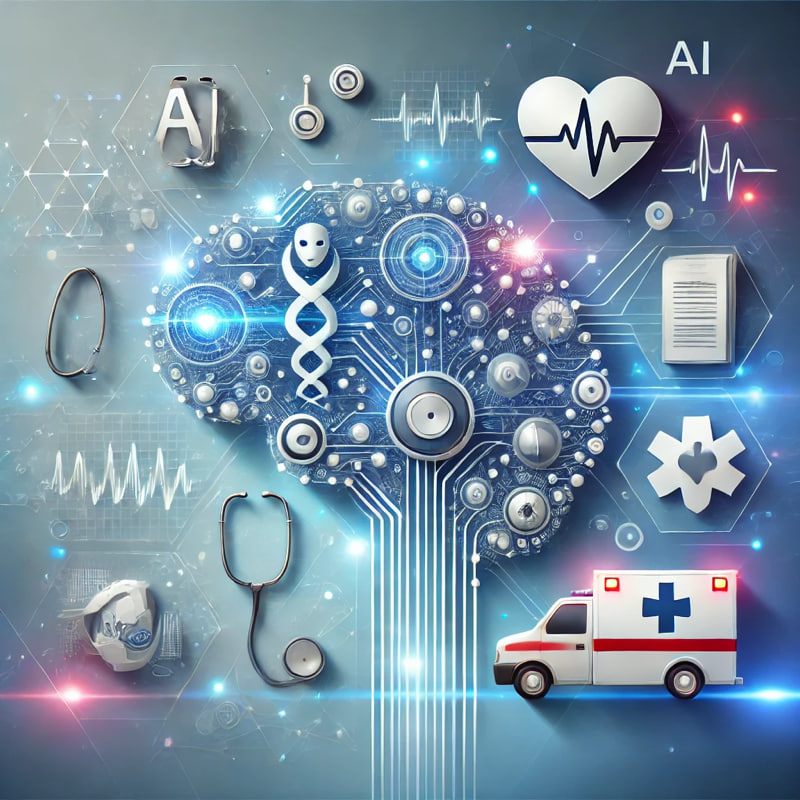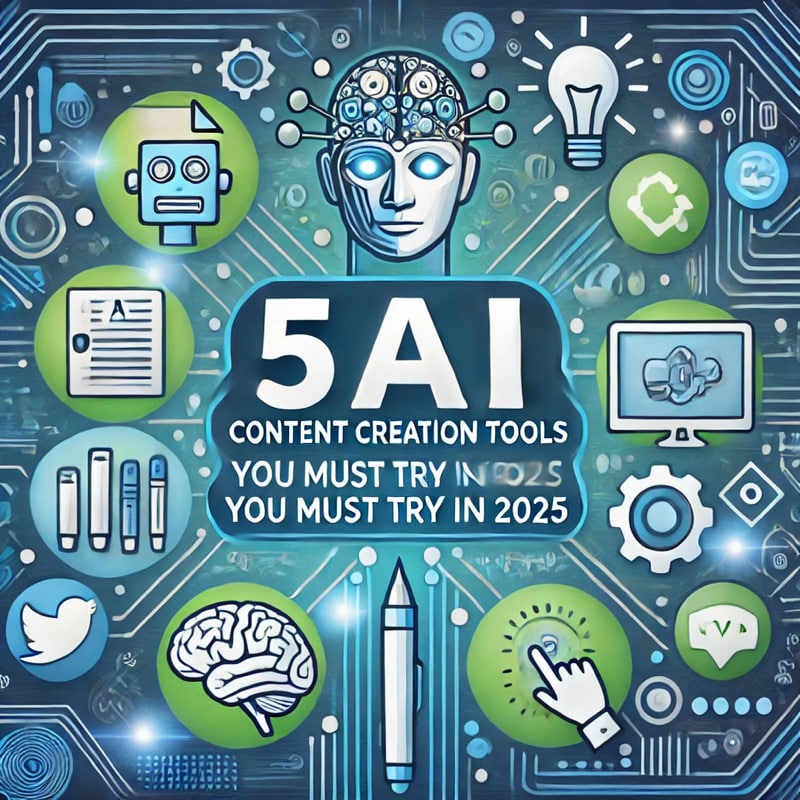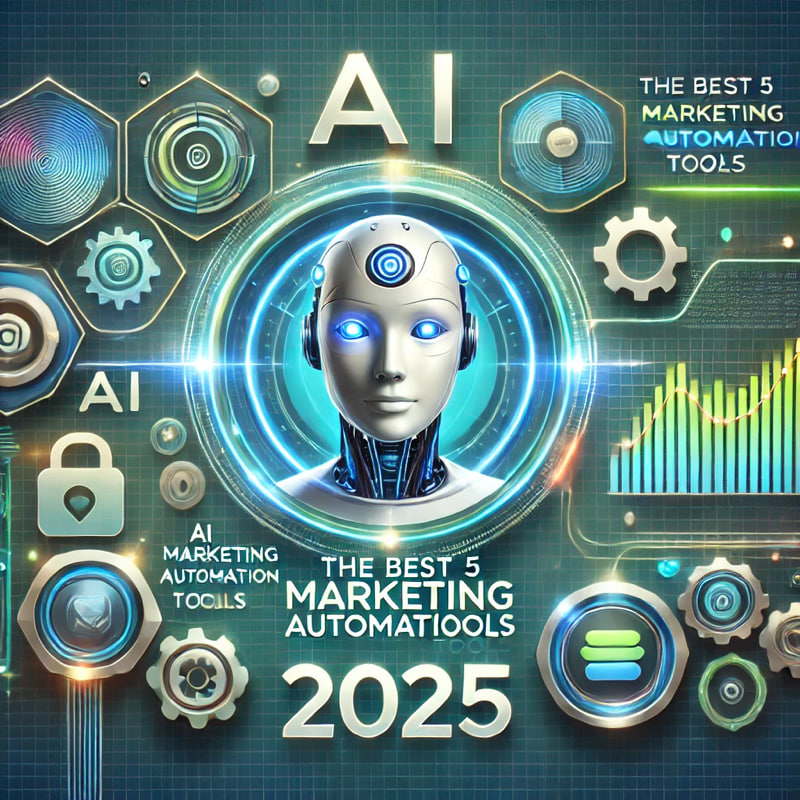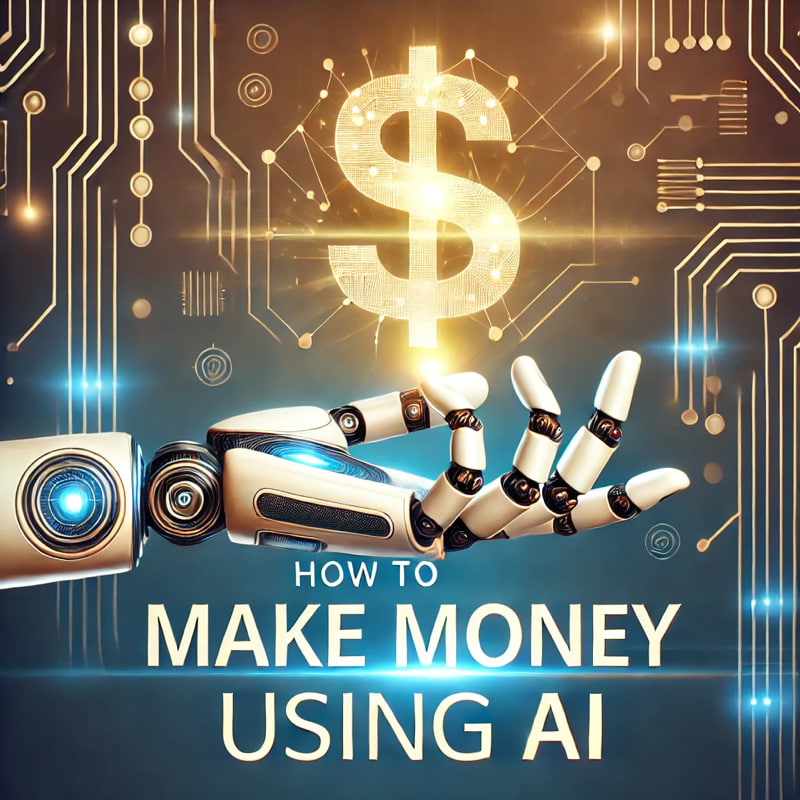
Artificial intelligence (AI) has emerged as a game-changer across industries, but its transformative impact on medicine and emergency care is especially noteworthy. By leveraging cutting-edge AI tools and algorithms, healthcare professionals can now address challenges more efficiently and save countless lives. From early disease detection to managing emergency situations, AI innovation is reshaping the way we approach healthcare.
1. Early Diagnosis and Disease Detection
One of the most significant contributions of AI in medicine is its ability to detect diseases early. Advanced algorithms analyze medical data, such as imaging scans or patient histories, to identify patterns that may indicate the onset of a condition. For instance, AI-powered tools can now detect cancers, such as breast or lung cancer, with remarkable accuracy.
Moreover, these tools often surpass human capabilities in identifying subtle abnormalities. For example, deep learning models can process thousands of images in seconds, ensuring faster diagnoses. This speed is critical because it allows doctors to intervene sooner, improving patient outcomes dramatically. Furthermore, AI can identify high-risk patients, prompting early intervention and potentially saving lives.
2. Enhancing Emergency Response
In emergencies, every second counts. AI innovation plays a vital role in streamlining emergency responses and reducing delays. One way it achieves this is by analyzing real-time data from wearable devices, smartphones, and other medical equipment. For example, AI-driven systems can monitor heart rates, blood pressure, and oxygen levels, alerting emergency responders if a patient’s vitals cross dangerous thresholds.
Additionally, AI supports paramedics by providing instant access to patient data during critical moments. This data-driven approach ensures that responders arrive equipped with the knowledge they need to deliver immediate care. Furthermore, AI can optimize ambulance routes, reducing response times and ensuring patients reach hospitals as quickly as possible.
3. Personalized Treatment Plans
AI doesn’t just help diagnose and respond to emergencies—it also assists in creating personalized treatment plans. By analyzing a patient’s genetic profile, lifestyle, and medical history, AI systems can recommend treatments tailored to individual needs. This precision ensures that patients receive the most effective care.
Moreover, AI is making strides in predicting how patients will respond to certain treatments. For example, predictive algorithms can assess whether a chemotherapy drug is likely to work for a specific cancer patient. These advancements not only save time but also reduce the emotional and financial burden on patients and their families.
4. AI in Surgery and Rehabilitation
Another groundbreaking use of AI in medicine is in surgical procedures and rehabilitation. Robotic surgery, powered by AI, allows for precise and minimally invasive operations. Surgeons benefit from enhanced accuracy, reduced errors, and quicker recovery times for patients.
Similarly, in rehabilitation, AI-driven tools such as exoskeletons and virtual assistants support patients recovering from injuries or surgeries. These innovations ensure that recovery is both faster and more efficient, improving the overall quality of life for patients.
5. Addressing Challenges in Emergency Medicine
Emergency departments often face overcrowding, leading to delays in treatment. AI can help by predicting patient inflows based on historical data and seasonal trends. This forecasting allows hospitals to allocate resources efficiently, ensuring that emergencies are handled without delay. Furthermore, AI chatbots and virtual assistants can triage patients by collecting preliminary information, freeing up doctors for more critical tasks.
Conclusion
AI innovation is revolutionizing medicine and emergency care, offering faster diagnoses, improved emergency responses, and personalized treatment plans. By integrating AI tools into healthcare systems, medical professionals can provide better care, save lives, and address challenges more effectively. As these technologies continue to evolve, the future of healthcare will undoubtedly be safer, smarter, and more accessible.
Tips: Discover Two Unique AI Tricks to Supercharge Your Productivity







